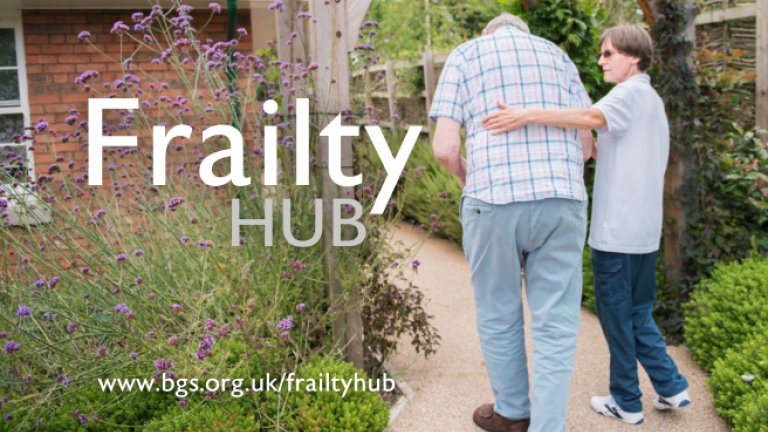The British Geriatrics Society welcomes the Urgent and Emergency Care Plan published today. Older people are one of the biggest user groups of urgent and emergency care services, so we are particularly pleased to see the plan recognise the importance of early identification of frailty, multiple long-term conditions and dementia, and the initiation of comprehensive geriatric assessment (CGA). Our members know, from evidence and years of experience, how much difference this can make to the patient experience for older people living with frailty and for the NHS.
We especially welcome the focus on proactive care in the community to prevent ill health and to ‘compress morbidity’, as well as the commitment to better use of monitoring and technology. Bolstering community services will help older people to remain well in the community, reduce avoidable hospital admissions and ensure timely and safe discharge from hospital. As health and social care systems plan for next winter, we are pleased to see the Government’s commitment to eliminating corridor care clearly stated.
Whilst these commitments are positive steps, questions remain regarding resources and how systems are supported to implement the changes. This is especially important at a time when they are being asked to make extensive efficiency savings. We look forward to hearing more about the resourcing of these commitments in the upcoming spending review, the Ten Year Health Plan, and the refreshed NHS Long Term Workforce Plan.
Professor Jugdeep Dhesi, President of the BGS, said:
Almost half of adult attendances to emergency departments are aged over 65 years, and are the most likely to wait the longest for review and admission. They are also at the greatest risk of hospital acquired complications. As such, the system-level approach advocated by the UEC plan is welcome. The emphasis on embedded screening for frailty and implementation of CGA in the community as part of proactive care, and on arrival at hospital, are important steps that needed to be taken. At the BGS, we know that delivering the right care, in the right place, by the right team, results in improved outcomes for patients, with cost savings and higher workforce satisfaction.
However, this plan comes at an extremely challenging time for the NHS and the workforce. That’s why I urge you to read the final section of the plan, which provides some levers and advice for local teams to transform local pathways of care, reduce demand for urgent and emergency care services and deliver the care our population deserves."
